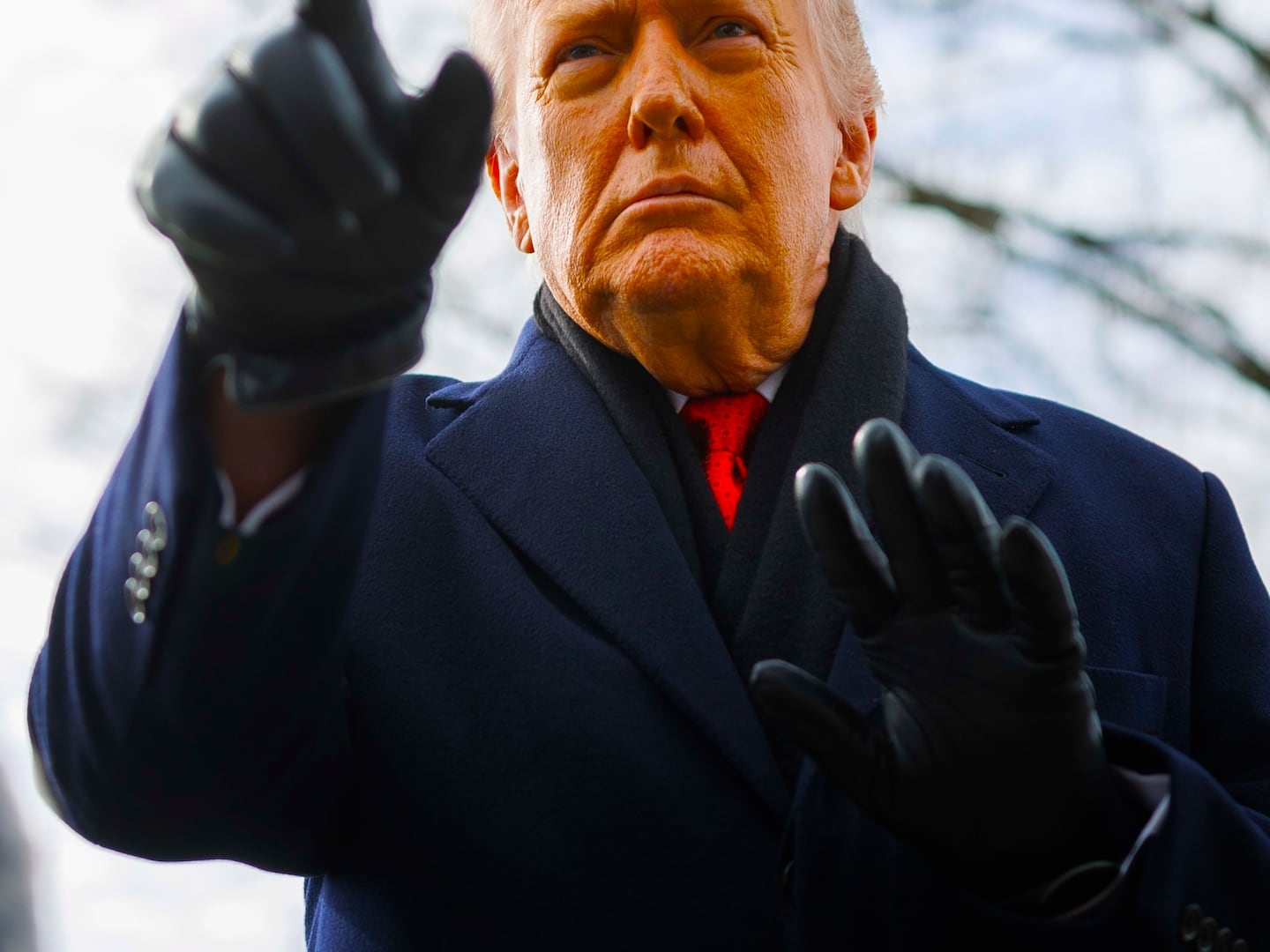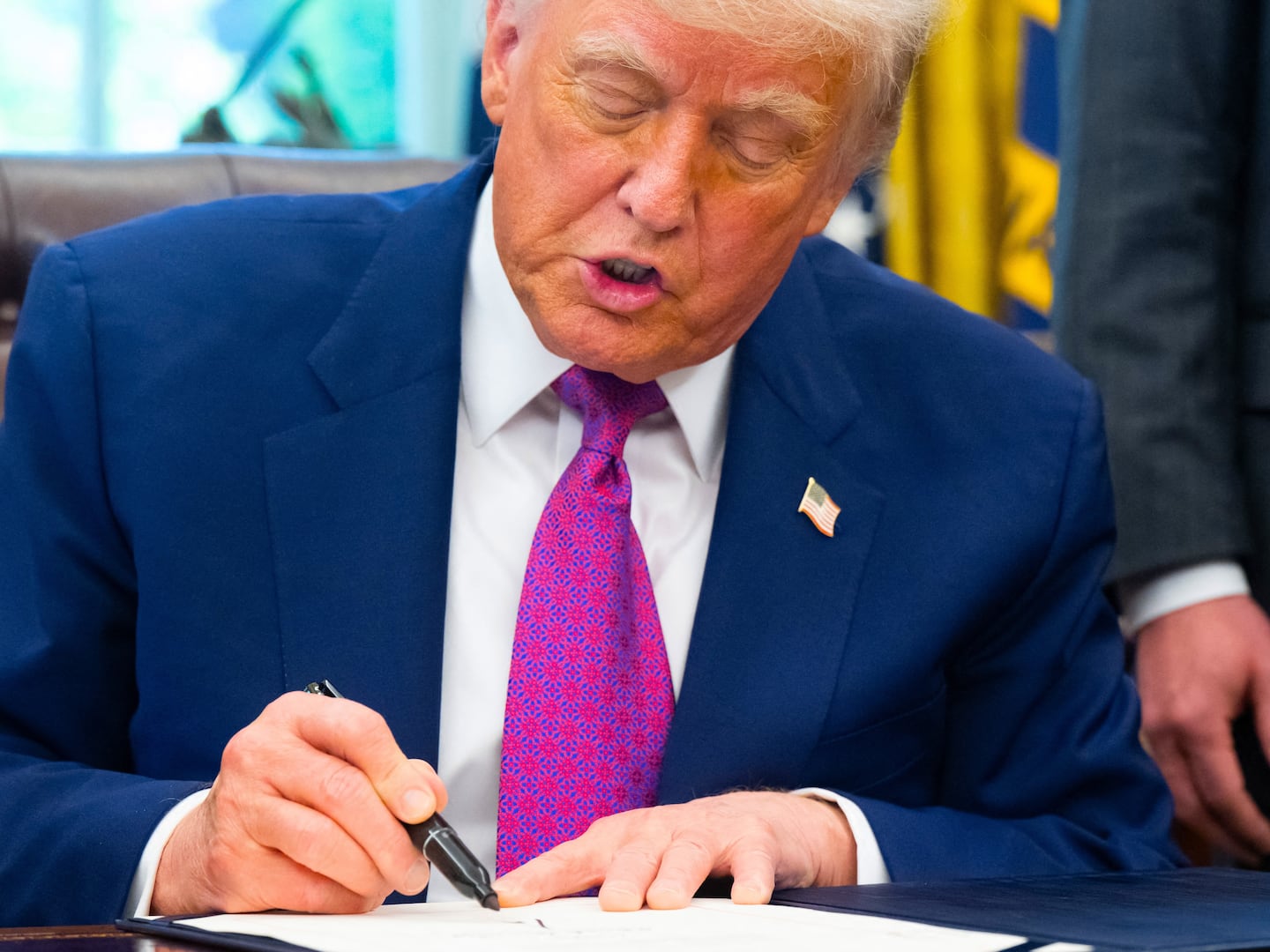
Point: Michael Jackson was a sickly, frail drug addict who simply pushed the envelope one time too many—as drug addicts do—and poor Dr. Conrad Murray was the schlemiel left holding the bag.
Counterpoint: Dr. Conrad Murray was an unscrupulous pill pusher for hire whose desperation for money caused him to commit the criminally negligent act that killed Michael Jackson.
These are the two sides of the case that officially began yesterday against Dr. Conrad Murray, as Jackson's doctor was charged with involuntary manslaughter. As with many, this trial will boil down to the accused vs. the victim.
It will also come down to race.
All this expert testimony and medical evidence won't matter if jurors vote based on how much they liked or didn't like Michael Jackson.
Race was a well-chronicled factor in the O.J. Simpson prosecution I headed more than a decade ago. In this case, however, while the defendant again is black, the tables are turned because of the race—and iconic status—of the victim. Though Michael Jackson was beloved by many, based on polls, blogs and man-on-the-street interviews, the black community is the most likely to line up against Dr. Murray.
At a hair salon frequented by African American women, a stylist told my friend, "I don't know why they didn't charge him with murder. Conrad Murray did it with a needle—Michael's just as dead as if he did it with a gun."
Meanwhile, three miles away, I heard a white woman at the checkout line of a grocery store tell her husband, "I don't even know why they're charging this guy. Michael Jackson was a drug addict, and he brought it on himself."
The prosecutors have done this math. One reason they may opt for a preliminary hearing over a grand jury is the chance to get the case to the "Airport Court" (so named because of its proximity to LAX), where the juries are more heavily populated with African Americans than the courts downtown. And even if the case does go downtown, that doesn't exactly mean there'll be a lily white jury. There'll be plenty of black jurors in the downtown courts, too.
So Dr. Conrad Murray starts out on the wrong side of the race card.
Then, of course, there's the celebrity card. The prosecution's holding the ace in that hand, too.
This is not news to Dr. Conrad Murray's team.
They know they've got to get out there and start swinging—find a way to blur the lines so that it doesn't look like it's Michael Jackson vs. Conrad Murray. How to do that?
The pedophile card is dicey. There are certainly some out there who've said they think Michael was guilty and think Dr. Murray should get off. But there are many who point out that Michael was acquitted, that there was a possibility that extortion played a big part in the charges he faced, and that anyway, that doesn't mean Dr. Murray should get away with killing him. There's a big risk that if the defense brings up the old charges, they'll alienate a fair number of people.
So what's risk-free? Throw mud on the prosecutors.
Stories have suddenly been floated that the real reason this case took so long to get filed is because the prosecutors couldn't stop squabbling amongst themselves over who got the case. Not only that, but the case is so weak, the prosecutors even had to do battle with their own investigators, who thought the case was "shit" and shouldn't be filed.
How nifty is that? They take out the prosecutors and the case with one cupped paw.
Except I don't buy it. First, based on my decade-plus in the Los Angeles District Attorney's office, the notion that a case could be delayed even in part for as many months as this one has because prosecutors are having a turf war is absurd. If there had been any back biting about who should get the case, it would've been shut down by D.A. Steve Cooley before he finished his morning coffee. Here's how it goes: "Hey Steve, Pat Dixon (head of Major Crimes) and Bill Hodgman (head of Target Crimes) both want the case." Cooley: pause for a beat, then: "Give it to Dixon."
Secondly, and more importantly, the fact—if it is a fact—that there was one or even a few investigators who didn't think the case was worth filing isn't as meaningful as it might seem. In any case where you have a team of a dozen or more people working on a case, there will always be at least one or two who have a different point of view than the rest. And don't forget, there are more than a few who thought Michael Jackson skated on those child molesting charges and they don't want to see Murray prosecuted for doing what they consider to have been a favor.
"He was a friggin' child molester and a druggie. If this guy (Murray) screwed up and killed him, I say give him a medal, don't spend millions to put him away," wrote one blogger.
Stand by for the defense to play the money card too, i.e., with the state budget in the dumper, do we really need this pricey celebrity trial?
So what did take the D.A.'s office so long to file?
"These criminal negligence cases involving doctors are extremely complex, especially when you're dealing with someone who already had a prescriptive drug habit," another California prosecutor, who'd previously worked in a medical malpractice law firm, tells me. "You've got to rule out any other possible causes of death, and if the victim had a bloodstream packed with drugs he'd taken on his own, it gets even harder to pinpoint where the fatal cause came into the mix. The testing alone can take quite a while."
Not to mention the fact that the prosecution likely wanted to get a range of opinions from several doctors to make sure they hadn't missed anything.
"Right," agrees the former medical malpractice lawyer, "and trying to get doctors to agree with each other is almost as hard as getting lawyers to do it."
Sounds like fun.
In the end, all this expert testimony and medical evidence won't matter if jurors vote based on how much they liked or didn't like Michael Jackson. But the prosecutors have to put on the case that justifies a conviction based on evidence—race card, or no, celebrity card, or no.
Marcia Clark, the former L.A. district attorney who prosecuted the O.J. Simpson murder case, has since served as a regular legal television commentator. She has written a bestseller, Without a Doubt, served as a columnist for Justice Magazine, and is finishing her debut crime novel.






